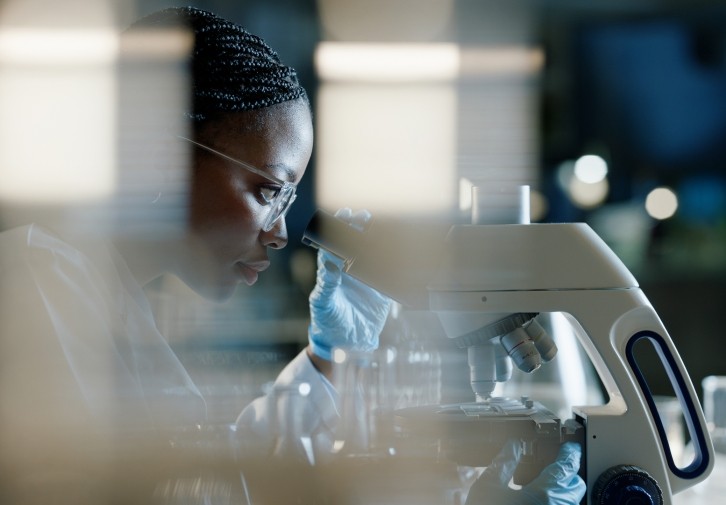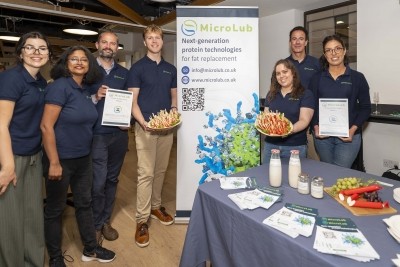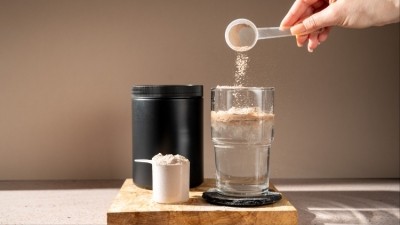News
Infinite Roots secures €2.6m for whey upcycling project

Infinite Roots has partnered with the Hamburg University of Technology (TUHH) to develop a technology that uses whey as a fermentation feedstock to grow mycelium – the roots of edible mushrooms – on a path towards creating new ingredients and products.
Whey accounts for about 80-90% of the milk used in cheese production and poses a significant environmental issue due to its biochemical oxygen demand and chemical oxygen demand.
Wasted whey
Up to 200 million tonnes of whey are produced annually, but only half of it is currently processed. Getting rid of this waste whey is a costly process and its improper disposal can lead groundwater contamination – a significant risk to agricultural land.
Dr. Mazen Rizk, chief executive of Infinite Roots, said: “Our upcycling technology will not only optimize the fermentation process but also turn a problematic waste product into a valuable resource, saving time, reducing costs, and introducing sustainable practices into the food industry.”
The project is supported by funds of the Federal Ministry of Food and Agriculture, based on a decision of the Parliament of the Federal Republic of Germany, via the Federal Office for Agriculture and Food’s innovation support program.
‘Exciting education dimension’
“Collaborating with TUHH and involving young minds in this project adds an exciting educational dimension,” Rizk added. “We're not just developing new technologies; we're inspiring future innovators in sustainable food production.”
Meanwhile, Reading Scientific Services Ltd (RSSL) is focusing on expanding its laboratory services after investing £700k in a new laboratory providing a suite of advanced 3D imaging and metrology services.
Situated at the University of Reading Whiteknights campus, the lab will support RSSL to meet the growing demand for high-precision imaging and measurement. It will mean it can help clients accelerate R&D, enhance quality control, and ensure regulatory compliance.
















